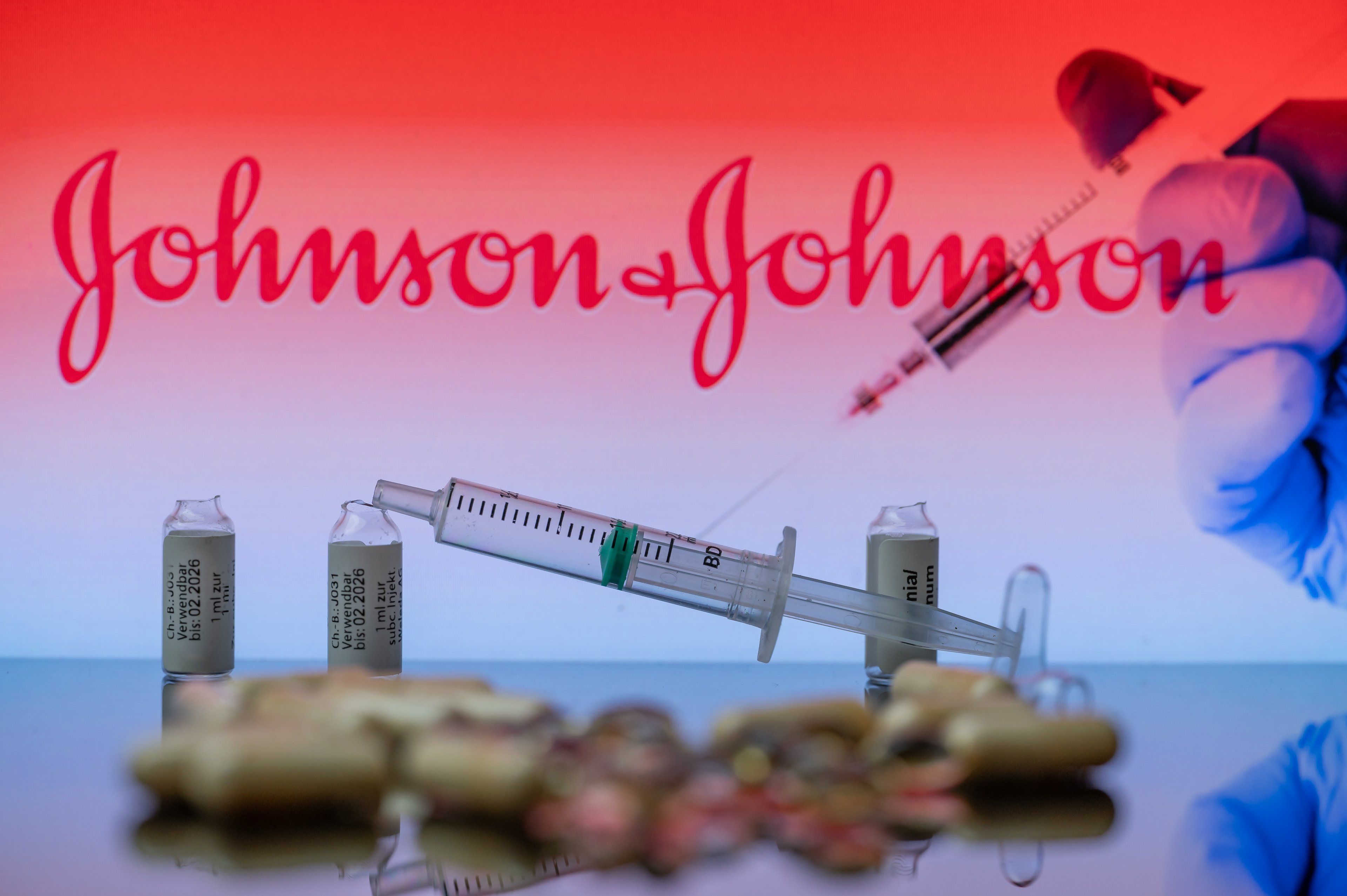Choosing between Pfizer (PFE 0.91%) and Johnson & Johnson (JNJ +1.55%) based on past performance is an easy decision. J&J's stock performance trounced Pfizer's over the past year, three years, five years, and 10 years. But that's the past. Which stock is the better pick for investors now? Here's how Pfizer and Johnson & Johnson compare.

Image source: Getty Images.
The case for Pfizer
Probably the best investing argument for Pfizer is that it appears to be effectively using its capital to position the company for long-term growth. It's no secret that Pfizer's legacy established products business is struggling, primarily because of declining sales for Lipitor. However, Pfizer more than made up for weakness on that front by acquiring Hospira in 2015, gaining a strong lineup of injectable drugs and biosimilars in the process.
Pfizer won over other large drugmakers in its bid to buy Medivation last year. As a result, Pfizer now claims one of the hottest cancer drugs around in Xtandi. The company picked up two other promising late-stage oncology candidates in Medivation's pipeline as well.
Another example of Pfizer spending its capital in a smart way is the 2016 acquisition of Anacor. Although the buyout of the smaller biotech cost $5.2 billion, Pfizer received good news in December when the U.S. Food and Drug Administration (FDA) approved Eucrisa as a treatment for atopic dermatitis. Pfizer thinks the drug could reach peak annual sales of $2 billion or more.
Acquisitions aren't the only thing going for Pfizer, though. The company's investments in internal research and development are paying off. For example, cancer drug Ibrance won FDA approval in 2015 and appears to be on track for sales near $2 billion for 2016.
Pfizer's pipeline includes more than 90 clinical programs. Nearly half of those are in late-stage development or awaiting approval. The company is targeting six major therapeutic areas. All of this adds up to much higher growth potential for Pfizer in the future than the company experienced over the last few years.
Investors will get paid handsomely as the drugmaker grows. Pfizer's dividend yield of more than 4% is one of the best around. With solid earnings growth and a strong cash flow, the dividend payments should continue to flow.
The case for Johnson & Johnson
If there's a healthcare stock most like Yellowstone National Park's Old Faithful geyser, Johnson & Johnson is probably it. The company has grown its adjusted earnings per share for 32 years in a row. J&J has increased its dividend for 54 consecutive years.
The healthcare giant is basically three companies rolled into one. Johnson & Johnson's biggest moneymaker is its pharmaceuticals segment. Next is J&J's medical devices business, followed by its consumer segment.
J&J's growth stems primarily from the pharmaceuticals business. The company has a long list of blockbuster drugs, including autoimmune disease drugs Remicade and Stelara. J&J's fastest-growing drug, though, is Imbruvica. The drug is already approved for treating marginal zone lymphoma and is in late-stage clinical studies targeting six other indications.
It's tempting to dismiss Johnson & Johnson's lower-growth business segments. However, the company's medical devices and consumer businesses are on track to contribute around $7.8 billion in operating profit for 2016. Even though the two segments aren't producing impressive growth, that's a lot of money.
Johnson & Johnson has also made some key acquisitions that could improve the outlook for these business segments. In the third quarter of 2016, the company bought privately held Vogue International, which markets hair-care and personal products. J&J also announced two big deals last year to beef up its medical devices business.
While J&J's dividend yield of 2.81% isn't as high as Pfizer's, the company appears to be in better shape to increase that dividend in the years ahead. J&J currently uses a little over half of its earnings to fund dividend payments.
Better buy
Based on growth prospects and dividends, Pfizer is the better choice for investors right now. The stock is also more attractively valued than Johnson & Johnson. My view is that Pfizer should produce higher returns over the next year.
Over the long run, though, it's hard to argue against Johnson & Johnson. Even when the company doesn't have tremendous growth, the stock typically performs well. If I had to predict which of these two stocks would be the bigger winner 20 years from now, I'd go with J&J.







